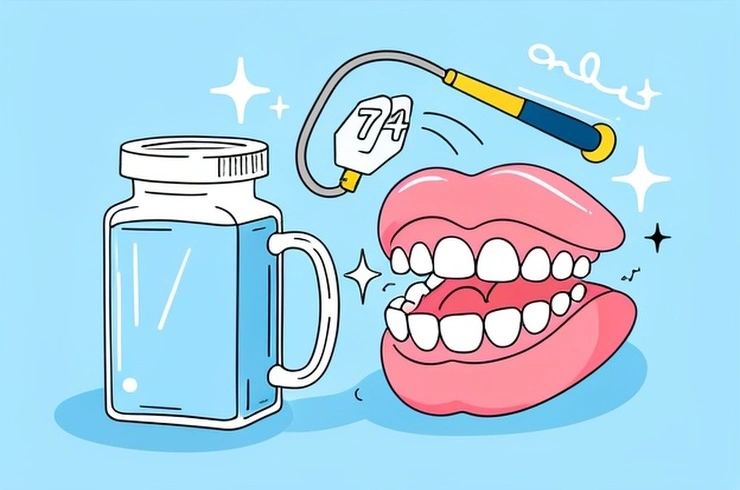
Swelling in your teeth and gums can range from a mild annoyance to a serious health concern, often signaling a bacterial infection. Prompt action is crucial when you experience such symptoms. It is vital to contact your dental professional immediately. If you are unable to reach your dentist and the swelling is accompanied by a fever or facial swelling, an emergency room visit is warranted.
Several factors can contribute to tooth and gum swelling:
Tooth Abscess: A bacterial infection can lead to a tooth abscess, which is a pocket of pus. These can form at the tip of the tooth root (periapical) or on the side (periodontal). Abscesses often stem from cavities, injuries, or dental procedures that create pathways for bacteria. Symptoms include a throbbing toothache that may radiate to your neck, ear, or jawbone, swollen lymph nodes, fever, sensitivity to hot/cold, facial/neck swelling, and discomfort when biting or chewing. If you suspect an abscess, immediate medical attention is necessary. Even if an abscess drains on its own, professional dental care is required to prevent the infection from spreading. Treatment typically involves draining the abscess and may include antibiotics, tooth removal, or a root canal.
Wisdom Teeth Irritation: The eruption of wisdom teeth can sometimes cause swelling. This is especially true if they are impacted, meaning they are trapped under the gums. Even if they break through, they can create spaces where bacteria can infect the gums, leading to pain and swelling. Treatment often involves removal of the wisdom teeth. Post-extraction swelling is common as the mouth heals; warm salt water rinses and ice packs can help alleviate discomfort and fight bacteria. For severe swelling, contact your dental professional.
Gingivitis: This early form of gum disease is a common cause of red, puffy, irritated gums that may bleed during brushing. Good oral hygiene, reduced sugar intake, and quitting tobacco can address gingivitis. However, a dental examination and professional treatment are still recommended.
Vitamin C Deficiency: Scurvy, a disease caused by Vitamin C deficiency, can lead to swelling around the teeth. Increasing your intake of citrus fruits or taking Vitamin C supplements can help. Consult with your dental and medical professionals to determine appropriate dosage.
Medications and Other Causes: Certain medications can cause tooth swelling as a side effect. If you notice irritation from your toothpaste or mouthwash, discontinue use and consult your healthcare provider.
Treatment and Pain Relief: The first step when experiencing dental swelling is to contact your dental professional for diagnosis and treatment. At home, gargling with warm salt water can help rinse away bacteria. Over-the-counter pain relievers like acetaminophen and ibuprofen can reduce swelling and soreness.
Maintaining excellent oral hygiene is crucial in preventing dental swelling. Brush twice daily with fluoride toothpaste and clean between your teeth daily with floss or another interdental cleaning device. Unlike minor skin injuries, swelling in your mouth can be serious and requires prompt attention. Dentists can prescribe antibiotics and other medications to treat the pain and target the infection, helping you regain a healthy, pain-free smile sooner.
This information is for educational purposes only and should not replace professional medical advice. Always consult your dentist, physician, or other qualified healthcare provider for diagnosis and treatment.
Pro Tip
The content of the article is shared by netizens, please carefully identify it